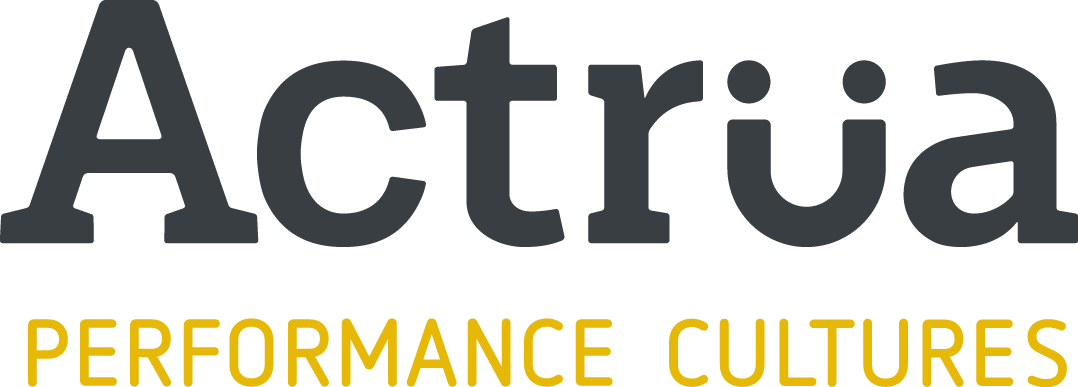Trust, diversity and team performance. Three essential and intersecting elements of teams at work.
In this recent HBR article titled “Begin with Trust”, trust is highlighted as the essential foundation for the performance of diverse teams. Frances Frei and Anne Morris, state that, “Diversity doesn’t automatically confer advantages in decision-making. In fact, if diverse teams aren’t managed actively for inclusion, they can underperform homogenous ones.”
The inherent advantages and disadvantages of diverse teams
The authors present the case that an effect known as the “common information effect”, means that diverse teams start with an inherent disadvantage to overcome. Because of the very nature of a diverse team, they start out with much less shared knowledge, which is a critical foundation in team decision-making. Importantly, they argue that the common information effect can be overcome through authenticity. First, team members must be encouraged to bring their unique self, which is the parts that are different to other members of the team. Then, by being open, sharing and listening, the team can access and expand on the knowledge available to them and gain a unique advantage. It follows, that a diverse and inclusive team should be able to outperform a homogenous team, or one that is diverse, but not inclusive.
It begins with trust
A key factor that leads to authenticity is trust. Trust is fundamental to building a psychologically safe relationship or environment, where people are comfortable to bring their whole, authentic self. As per the title of the article, it begins with trust.
The authors offer a simple and solid model they call the Trust Triangle which incorporates three drivers of trust:
- Authenticity – I experience the real you.
- Logic – I know you can do it; your reasoning and judgement are sound.
- Empathy – I believe you care about me and my success.
Overcoming trust wobbles
If any of these drivers is off kilter, the consequence is a trust “wobble” as the authors call it. Think about a speed wobble on a bike. Pick it up early and it’s easy to correct. But keep going, or worse, go even faster, without correcting the wobble – and look out. The key takeaway is that a wobble doesn’t become permanent if it’s corrected early.
In summary, diversity alone is not enough. Diversity requires inclusion and inclusion requires trust. Trust is fundamental to leadership, team and organisational performance. Is trust a feature of your organisational culture? If not, it could be the key to unlocking the performance of your people and teams.
Author: Tim Keeffe is Director – Client Solutions at Actrua, an award-winning Australian consultancy specialising in performance culture, leadership development and safety culture. Tim has a passion for developing leaders who achieve organisational and personal goals. Connect with Tim on LinkedIn.
Photo by Sharon McCutcheon on Unsplash







